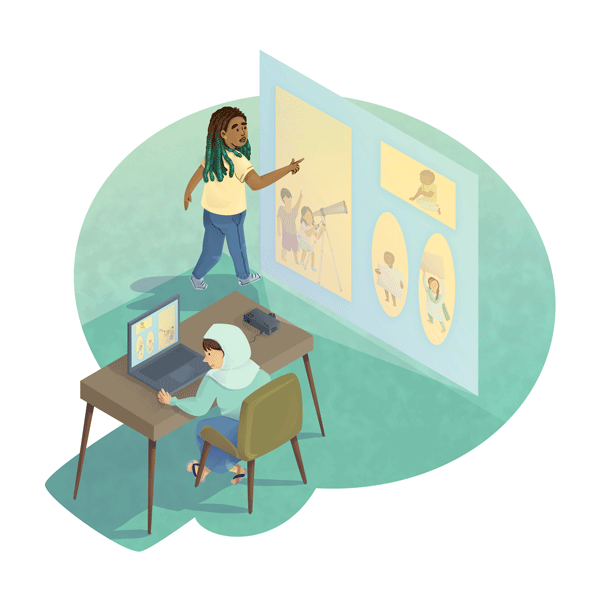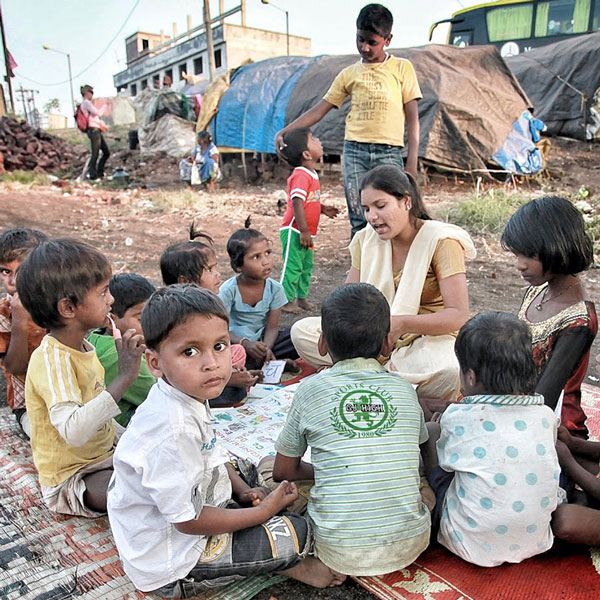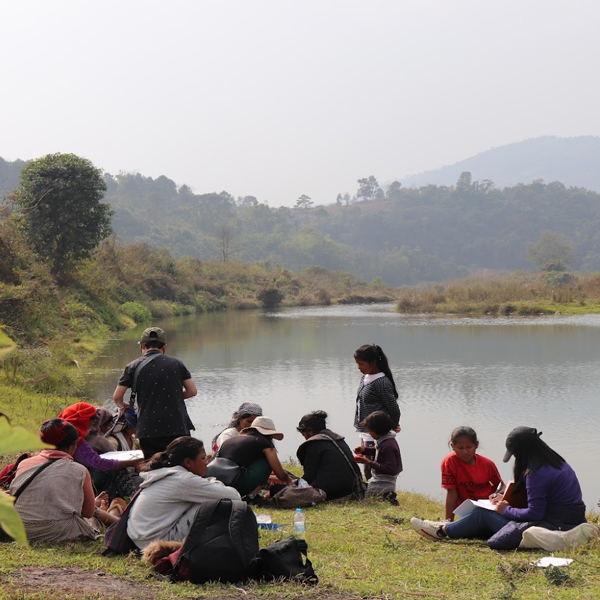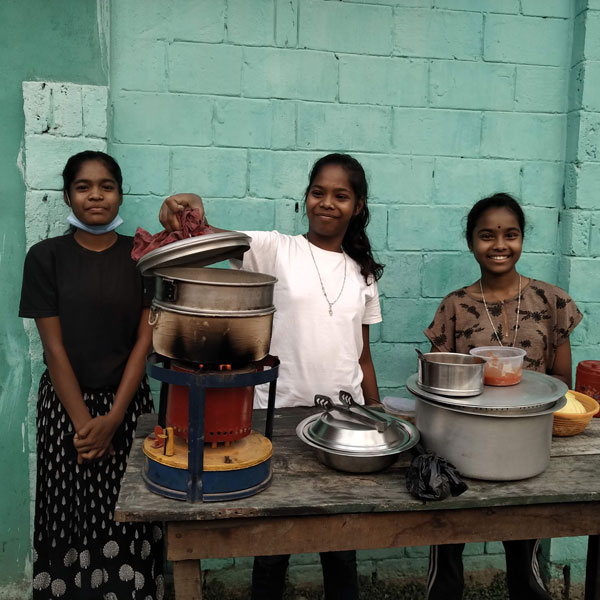Editor’s note: This blog post was co-written by Indrani Chakraborty, South Asia Program Advisor at Global Fund for Children, and Sohini Chakraborty, Director of GFC alumnus partner Kolkata Sanved.
As part of a commitment to mental health and wellbeing, GFC partners are utilizing dance movement therapy and other creative arts approaches to help children and young people dealing with stress and trauma build resilience.
Stress has a gradual, damaging impact on psychological, emotional, and physical wellbeing. The COVID-19 pandemic’s effects on mental health and wellbeing have been substantial, and the impact of COVID-related adverse childhood experiences has increased stress among children. Building resilience in individuals of all ages helps them to maintain equilibrium in their lives during difficult times, protects them from the adverse effects of stress, and boosts their ability to regain a sense of control in their lives.
As part of its commitment to nurturing wellbeing and collective care to strengthen social change, Global Fund for Children has integrated wellbeing into its five-year strategy and acknowledged the need to reinforce the wellbeing of its own team members.
To forge change, GFC encourages grassroots partners to reflect on team wellbeing and incorporate sessions on mental health into their work, with the goal of creating a safe, supportive, and nurturing environment where team members feel comfortable talking about their feelings, thoughts, or any struggles they may have. When partners’ team members learn mechanisms for supporting their own mental health, they are better able to strengthen the coping abilities of the children and youth they work with in the community, helping them to become resilient to counter stress and encouraging them to seek help and guidance.
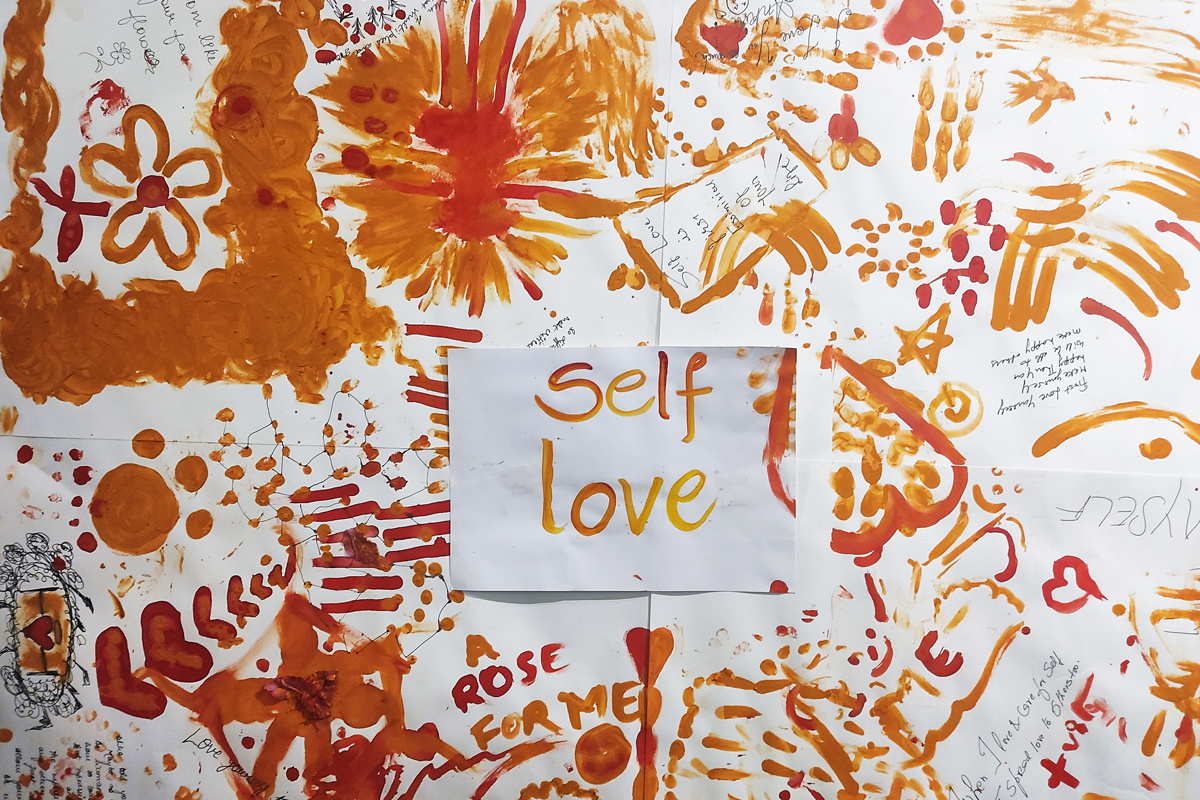
GFC also supports partners that are engaging in building young people’s resilience through various art-based therapies and activities. In Ukraine, the brave young activists from Theatre of Contemporary Dialogue are using theater to help children and young people express their feelings and find healing.
In India, GFC partner Suprava Panchashila Mahila Uddyog Samity (SPMUS) uses a movement-based approach to psychotherapy called dance movement therapy (DMT) to help young people living in slums, red-light areas, and remote rural regions. Participating in DMT has raised the ability of adolescents to self-reflect and to grow their interpersonal skills. These young leaders have gained the confidence to protest against perpetrators of child sexual abuse and child marriage, even though they belong to the same community.
Kolkata Sanved, a former GFC partner in India, is a pioneer in the field of using DMT for trauma healing and the empowerment of marginalized populations. In collaboration with Centre for Lifelong Learning and Tata Institute of Social Sciences, Kolkata Sanved organized the Fourth Biennial Summit on Dance Movement Therapy for Change, held January 13–14 in Jaipur, India. The summit explored the potential of DMT and other creative arts therapies (CAT) in enabling individuals and communities to build resilience and respond to crises such as the COVID-19 pandemic, climate change, conflict, and pervasive discrimination.
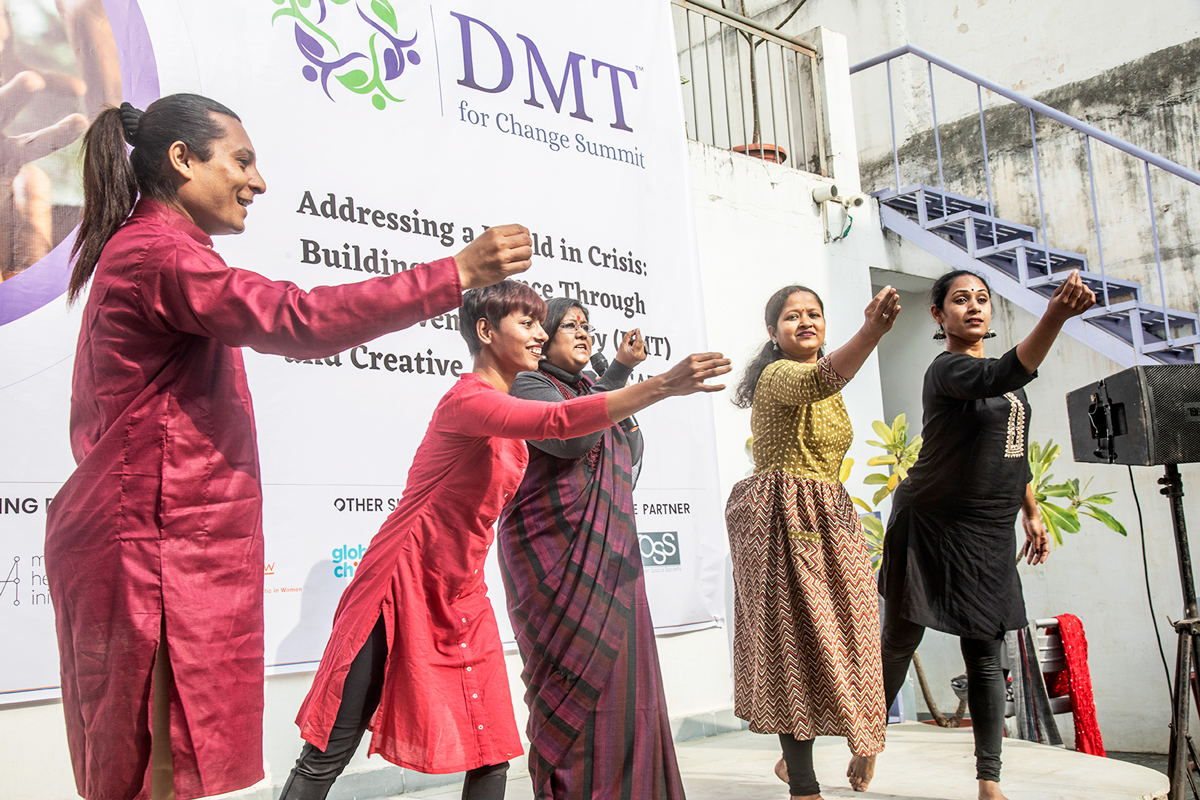
The summit brought together a wide range of stakeholders from across the world, including DMT, CAT, and other mental health practitioners, academicians, civil society organizations, donors, social workers, youth leaders, survivors, and survivor-leaders. This initiative aimed to enhance the capacity of individuals from all walks of life to use arts-based practices to bring about positive social change. It also strengthened the sense of community among participants, laying the foundation for collective efforts for change.
As part of its commitment to community leadership, GFC provided supplemental grants to three India-based partners – Faith Foundation, Avani, and Rural Aid – to enable two representatives from each organization to attend the summit.
Participants from Faith Foundation reported that in addition to educating attendees about DMT and CAT, the summit was “a good opportunity to learn from the sharing of experiences of other individuals and organizations who are using DMT and creative arts as tools and approaches to create social change in their field domains, be it with a disability, mental health, child protection, women’s issues, gender, or gender-based violence.”
Rural Aid saw an avenue for using DMT and CAT with children living in tea gardens in West Bengal who are experiencing stress and anxiety exacerbated by the loss of their caregivers’ employment during COVID and their own engagement as child laborers.
Both Avani and Faith Foundation are planning to use DMT and CAT with survivors of violence in childcare institutions, schools, and communities. Often, survivors of violence can’t express their feelings through verbal conversation, and arts-based therapies offer a potential alternative to talk-based therapies.
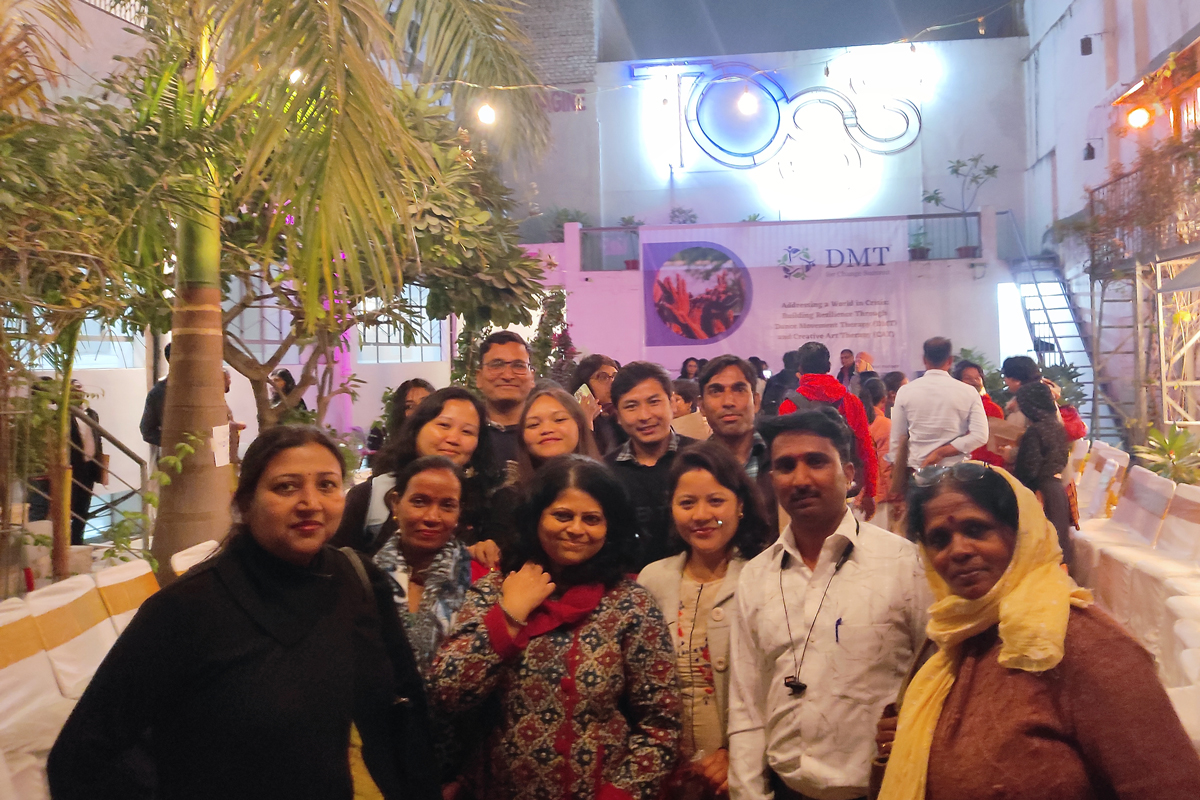
Each organization will also utilize DMT for its own team as part of their practice of self-care and wellbeing.
During the grantmakers panel at the summit, Indrani Chakraborty, GFC’s South Asia Program Advisor, reflected on how fostering relationships built on trust and a fundamentally flexible approach to funding enables GFC’s partners to use funds based on their unique needs and context. Promoting a culture of inner wellbeing for all changemakers is the primary resource in generating resilience in the community, which enables community members to use their assets to strengthen systems to withstand, adapt to, and recover from adversity.
Header photo: Participants dancing at the DMT summit in Jaipur, India. © GFC
